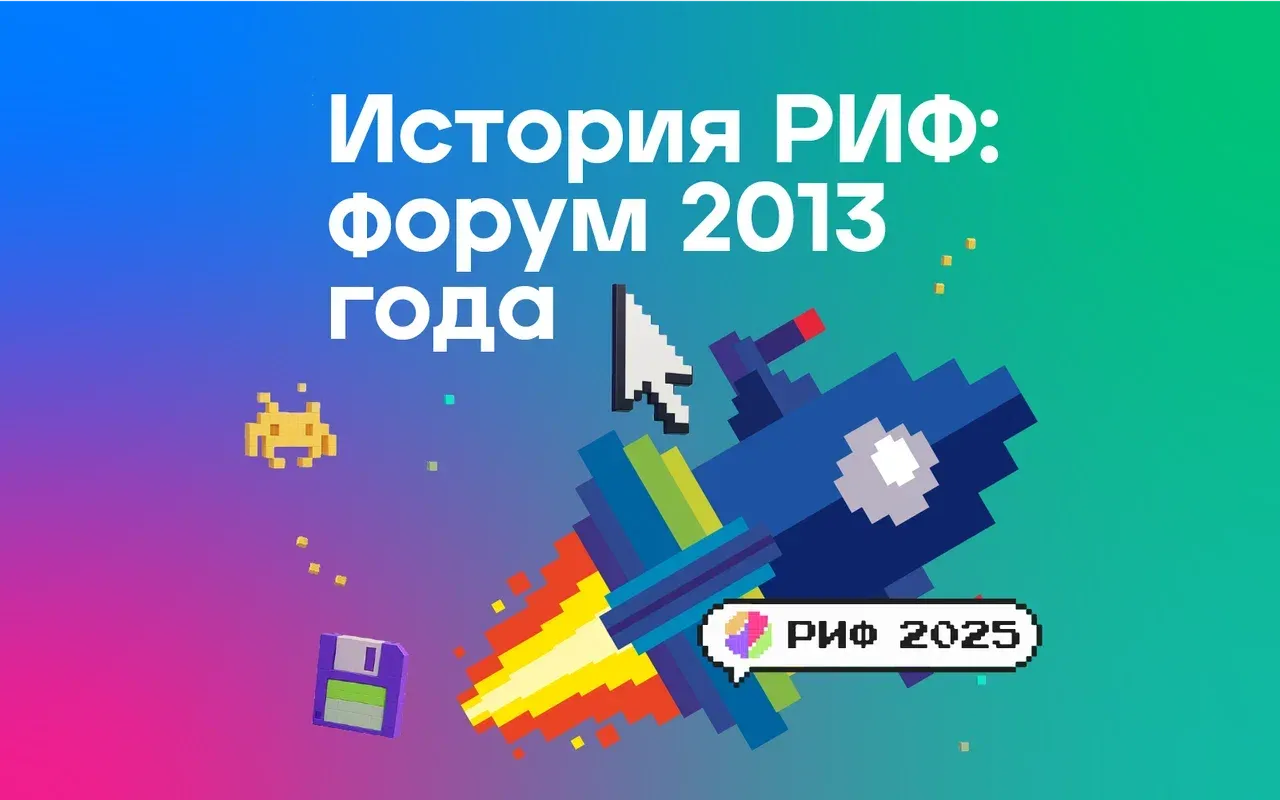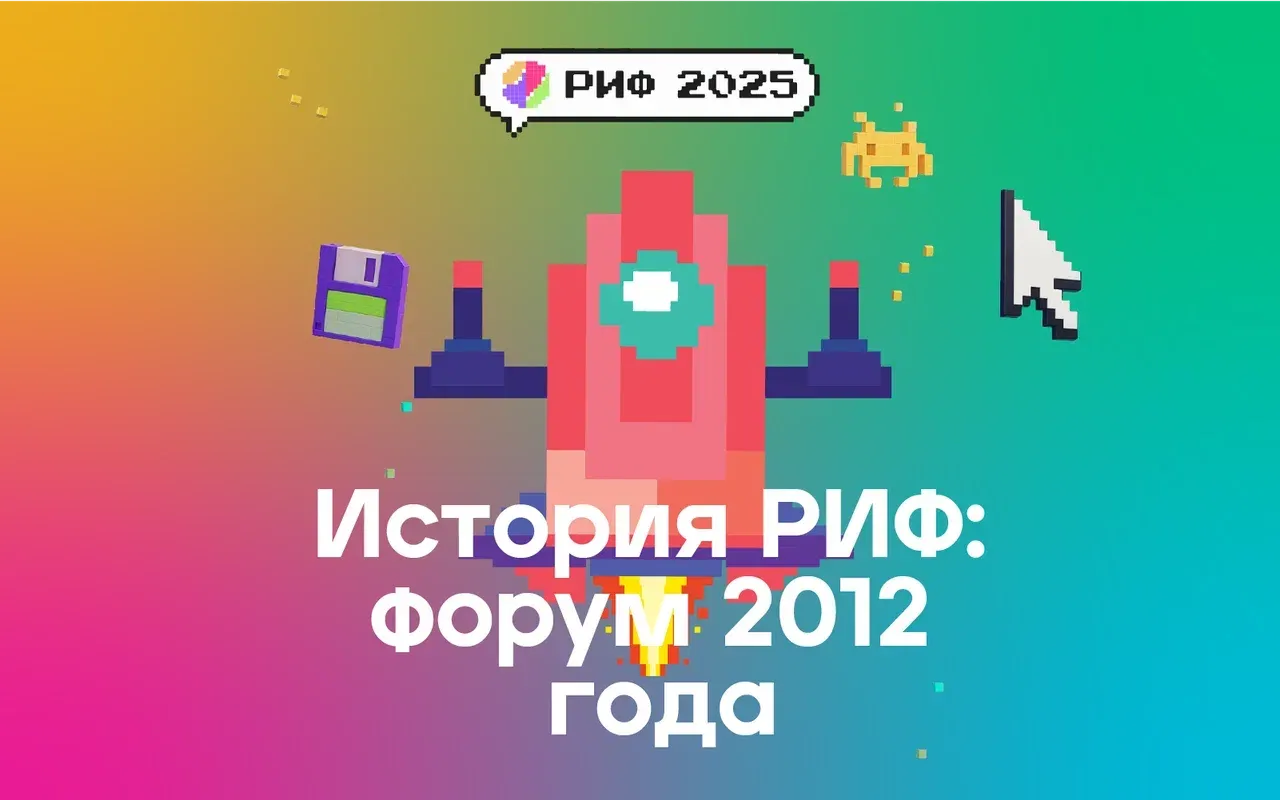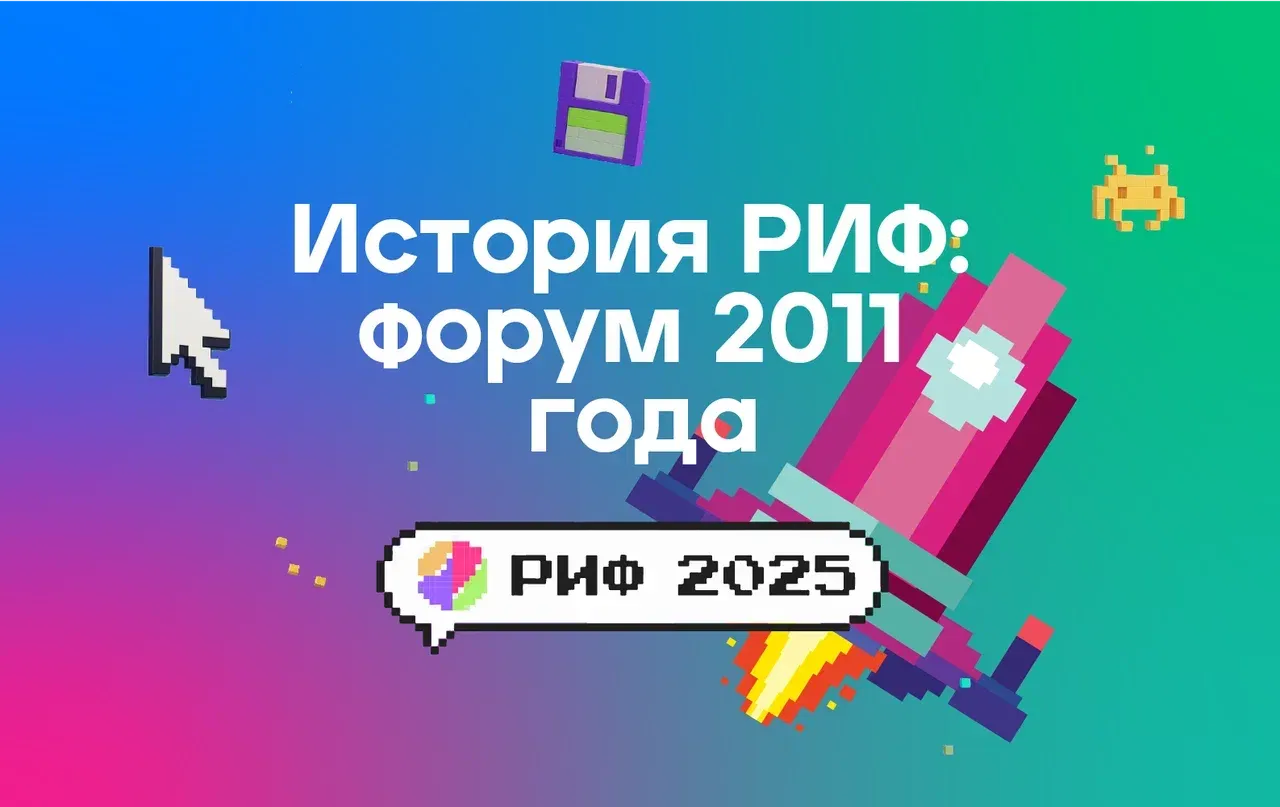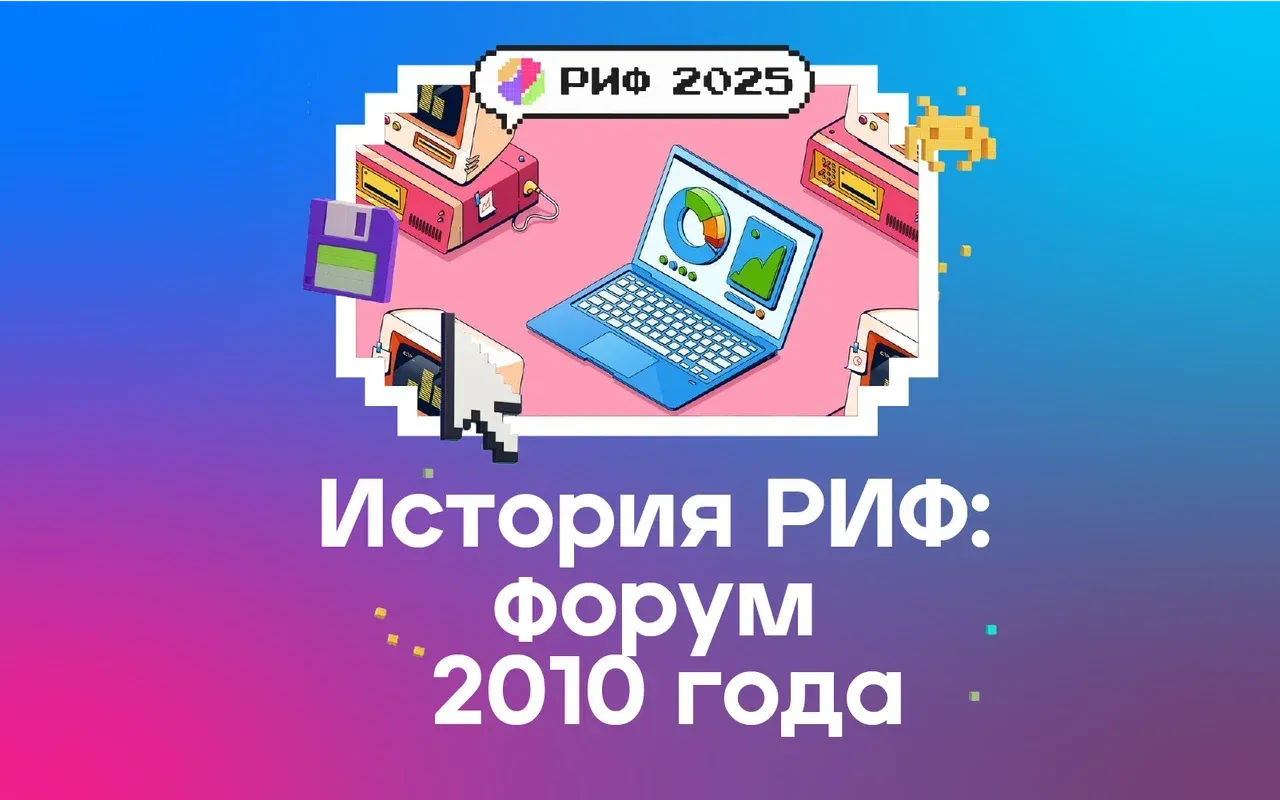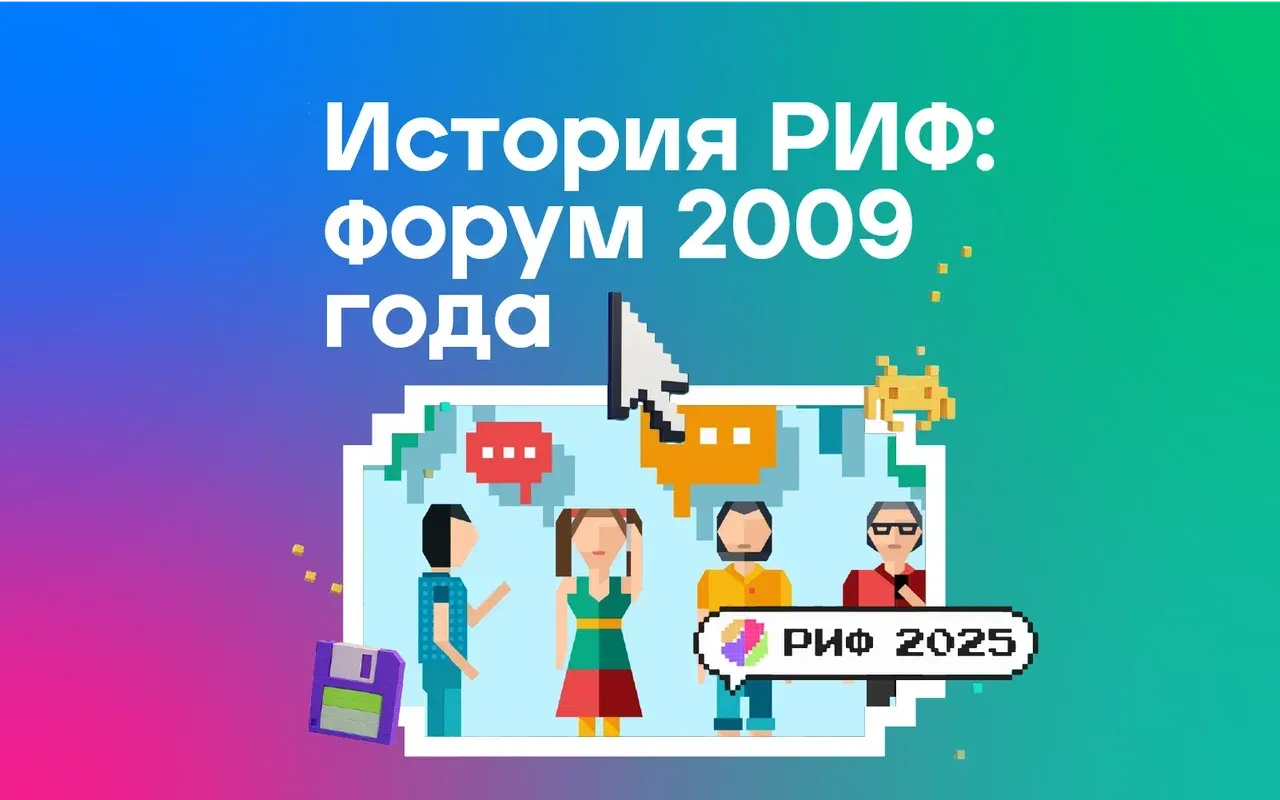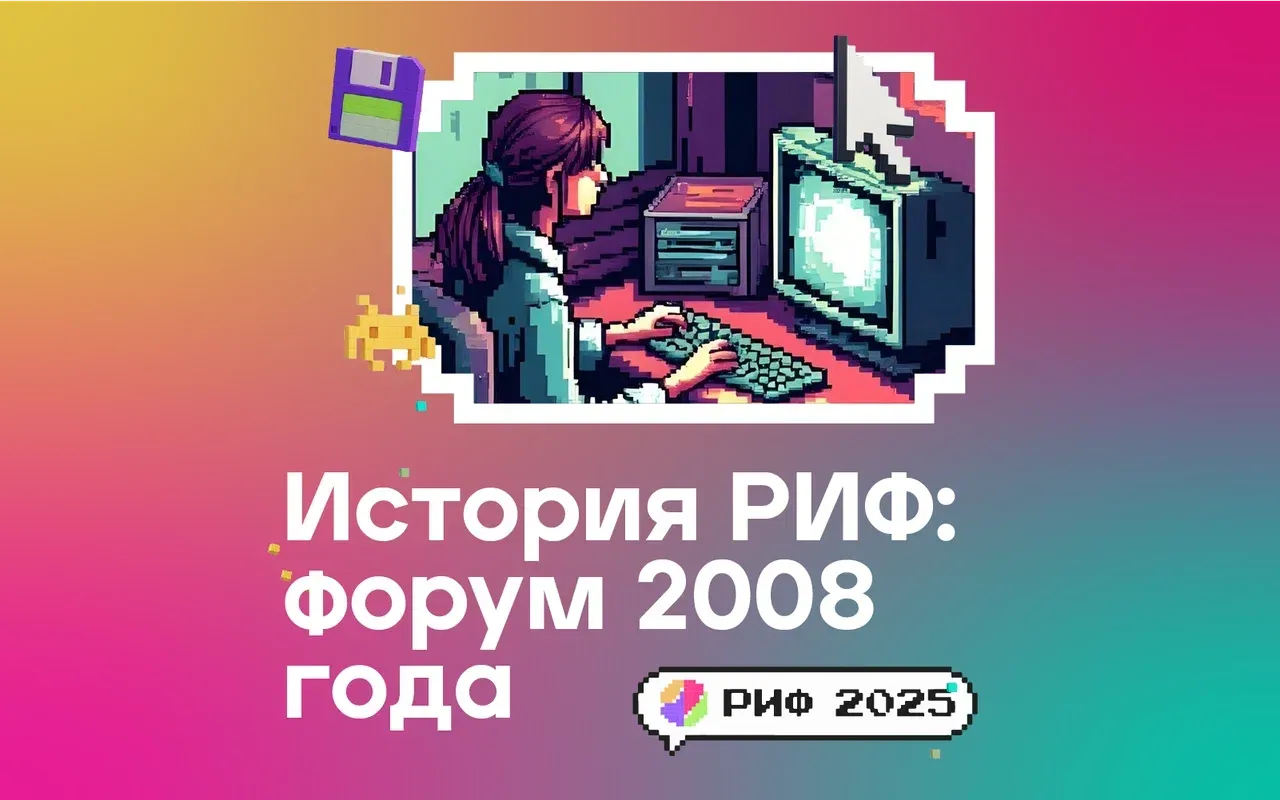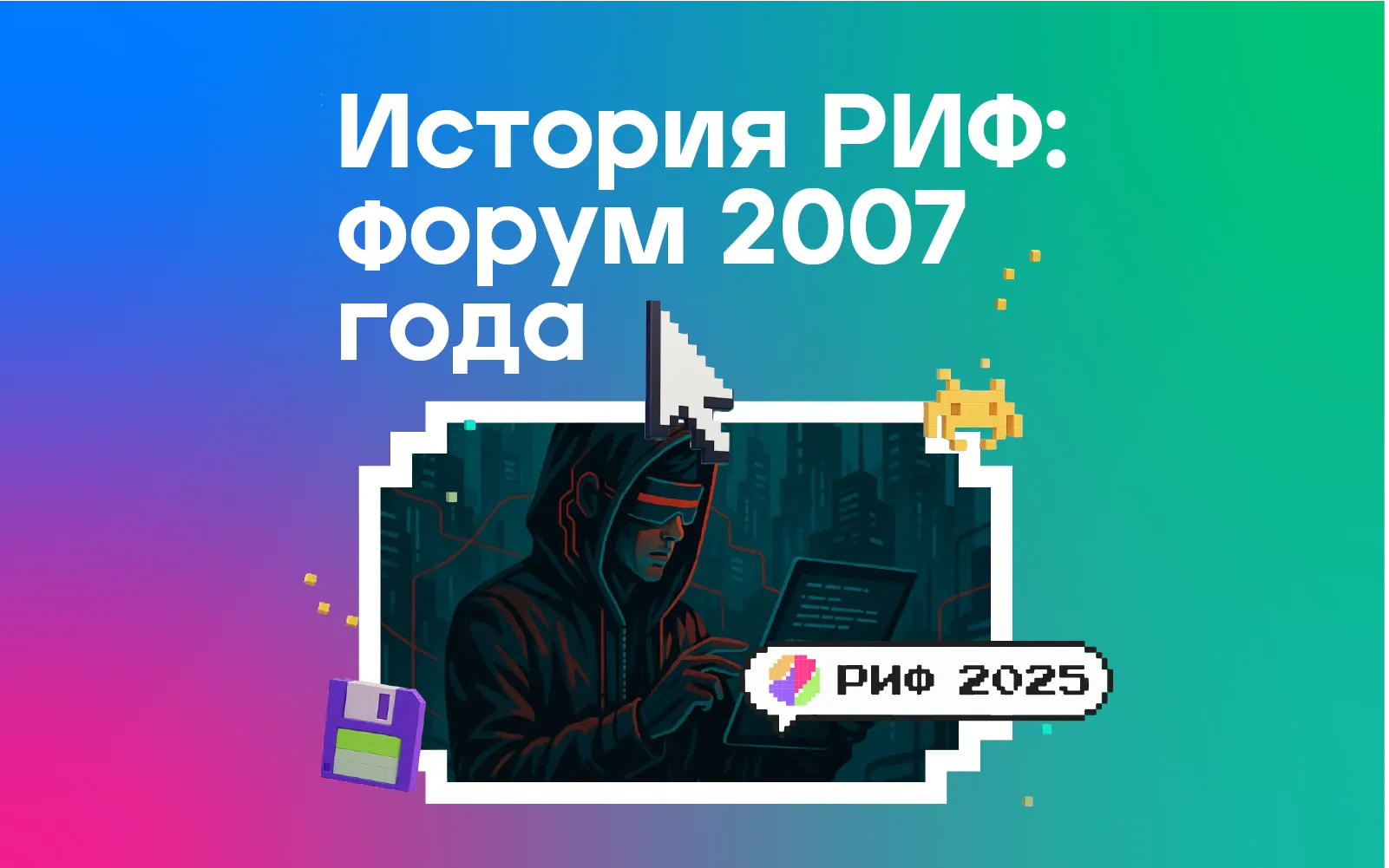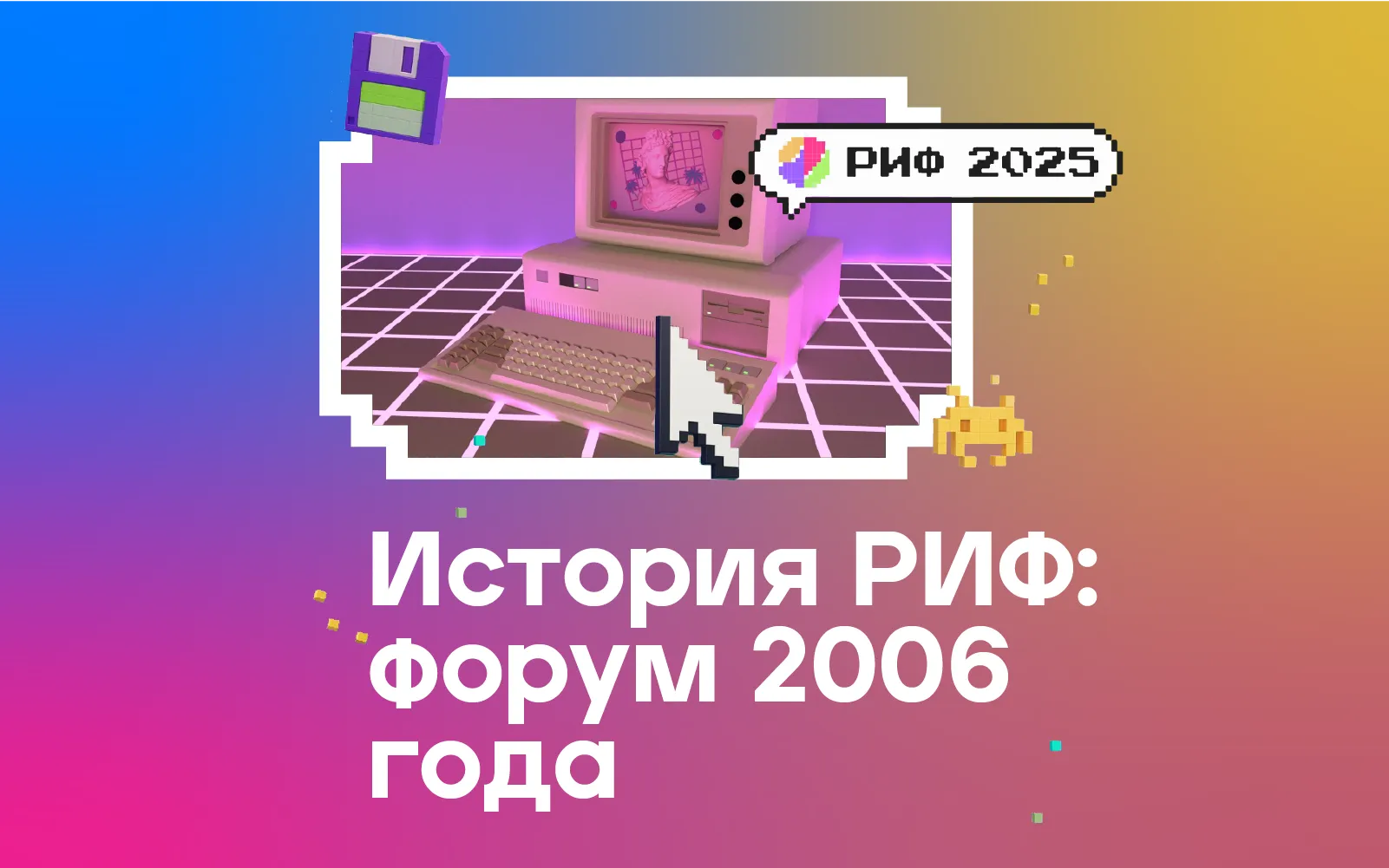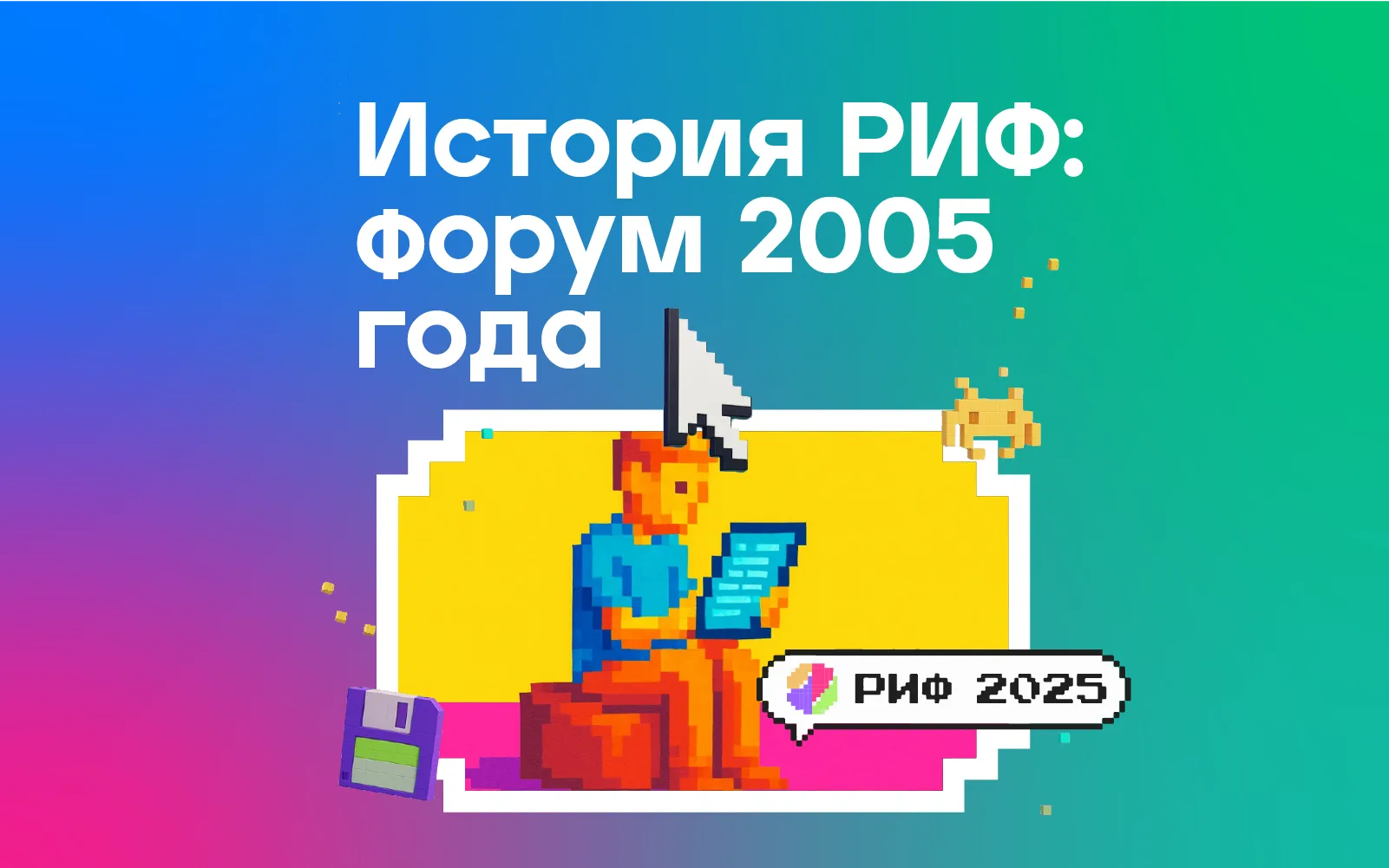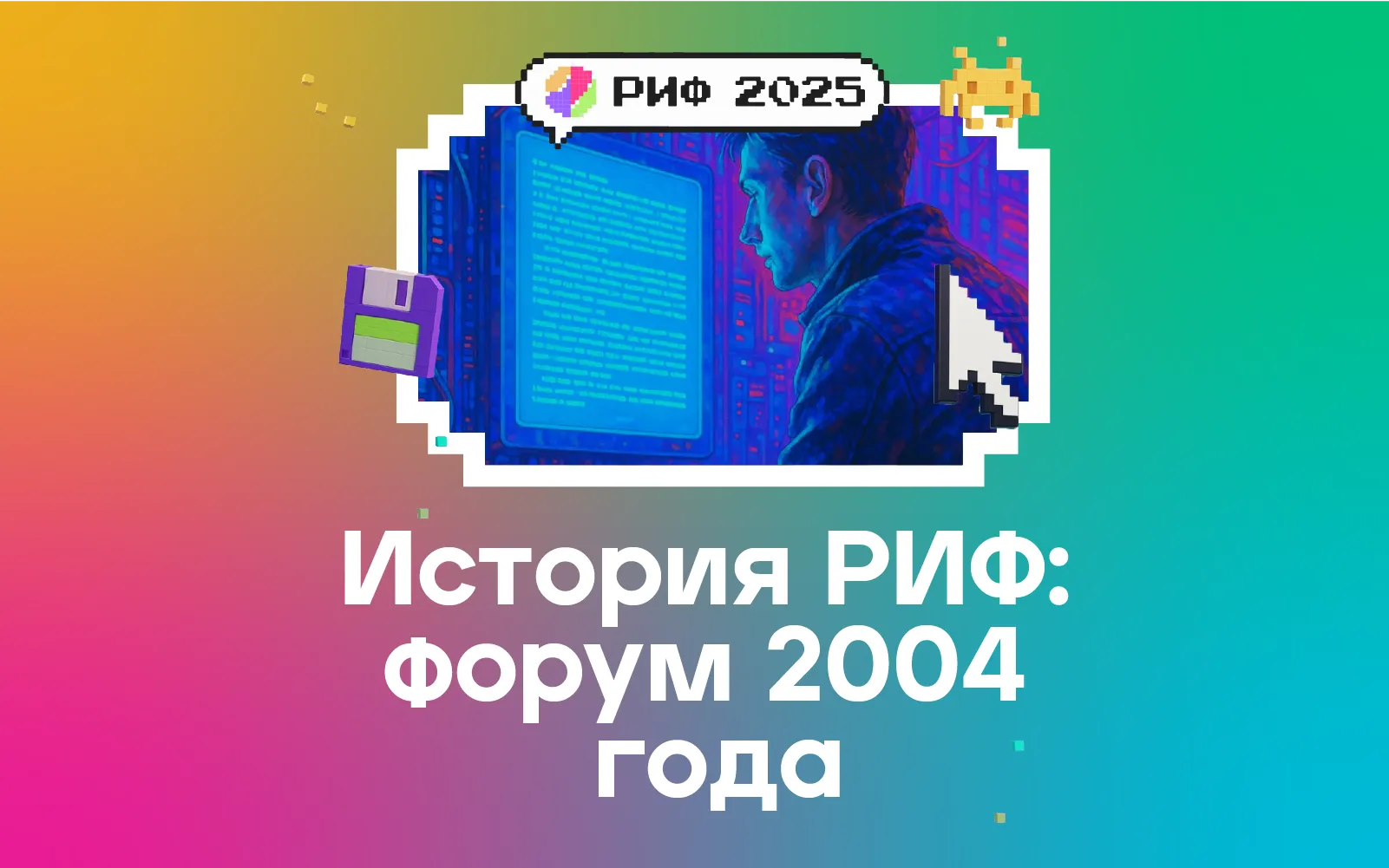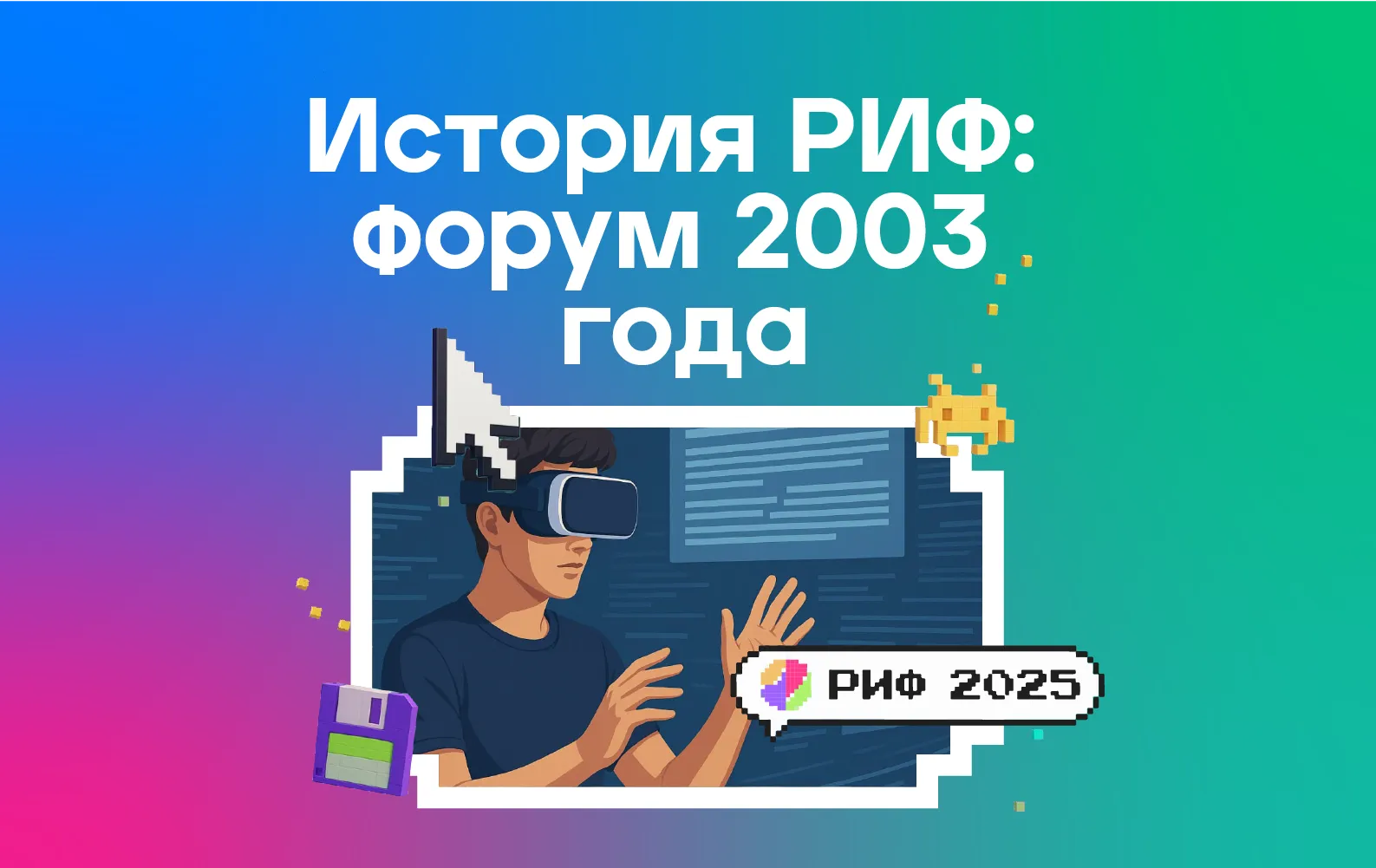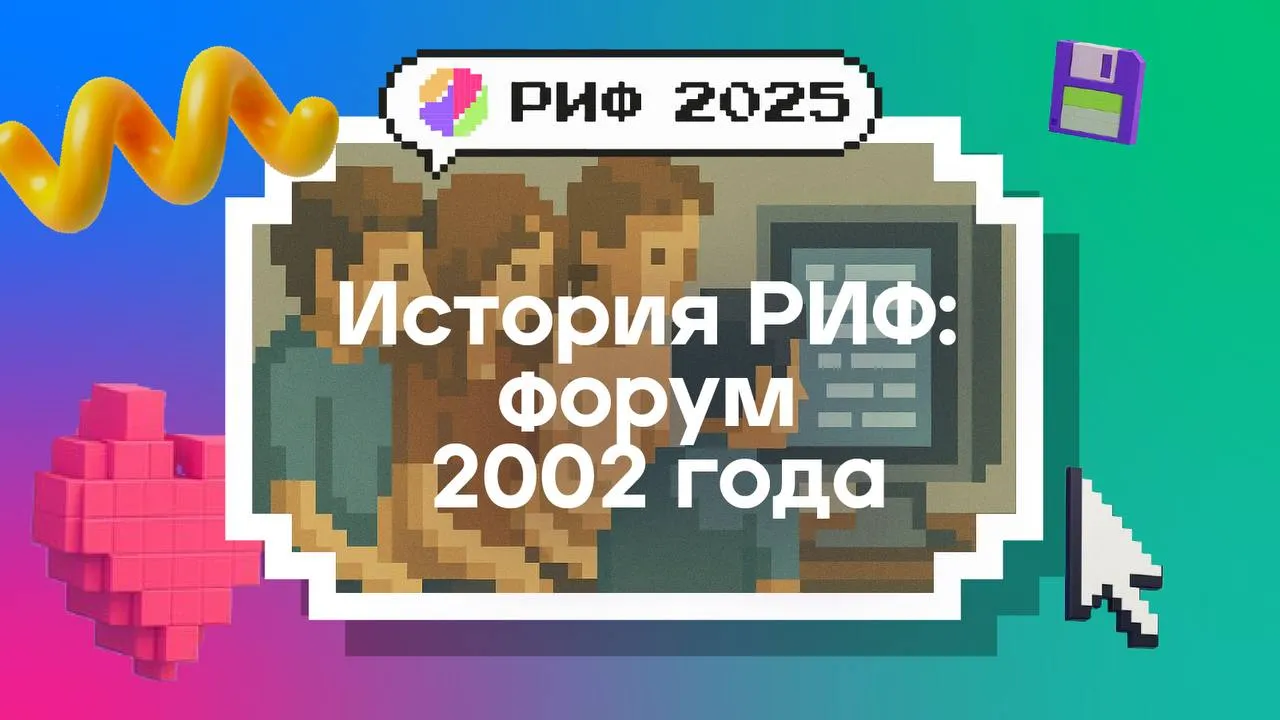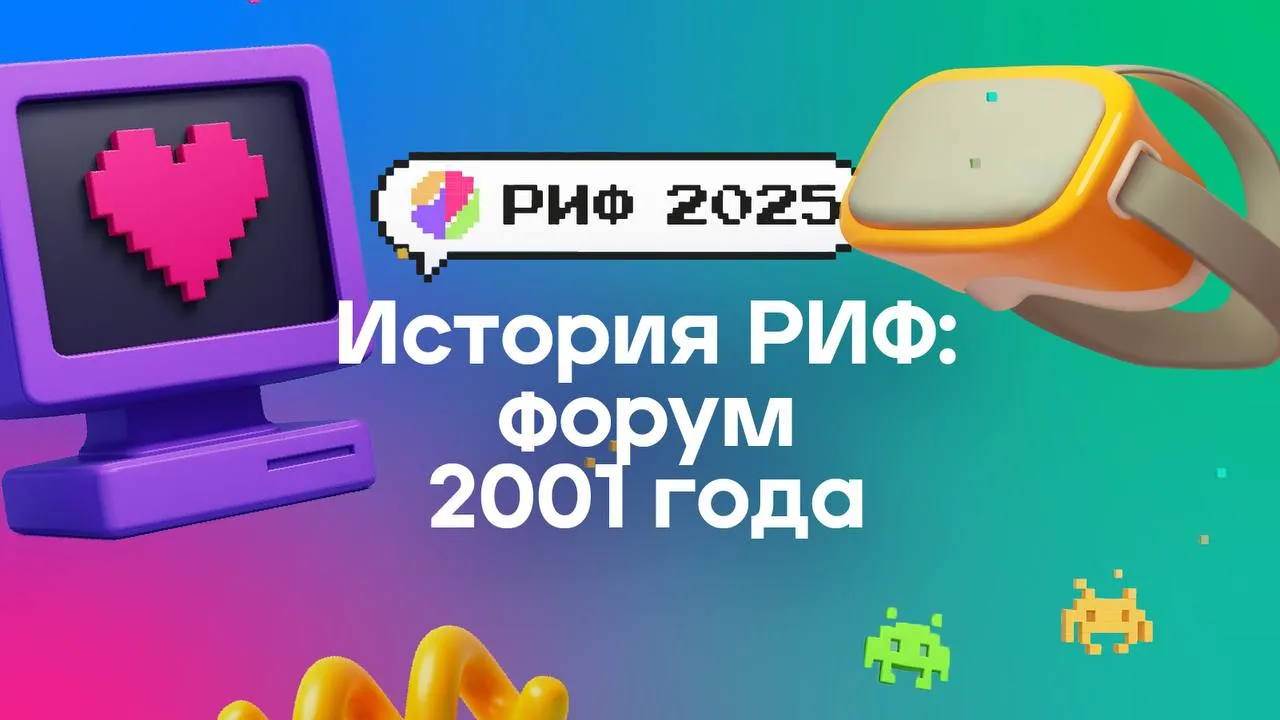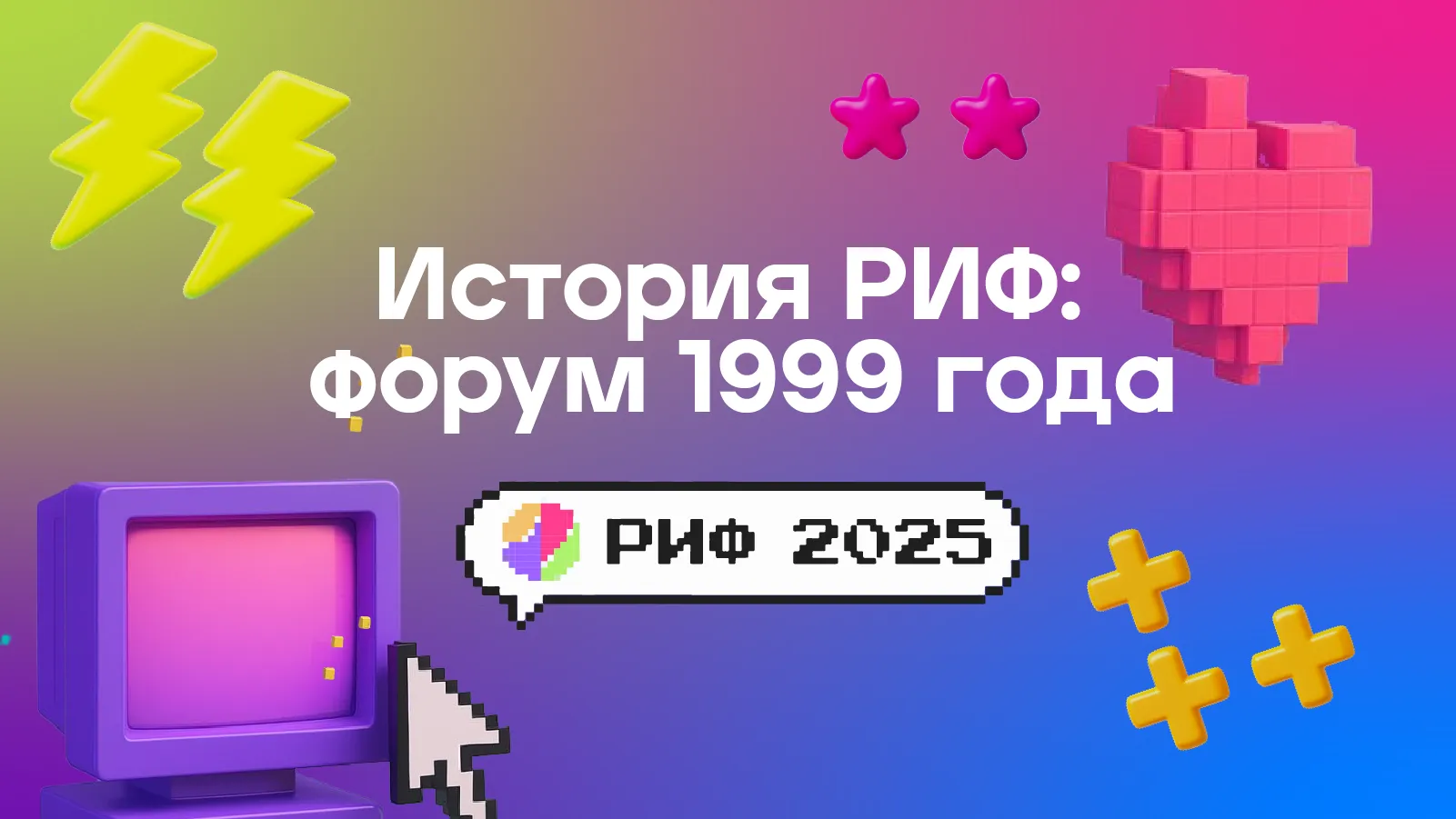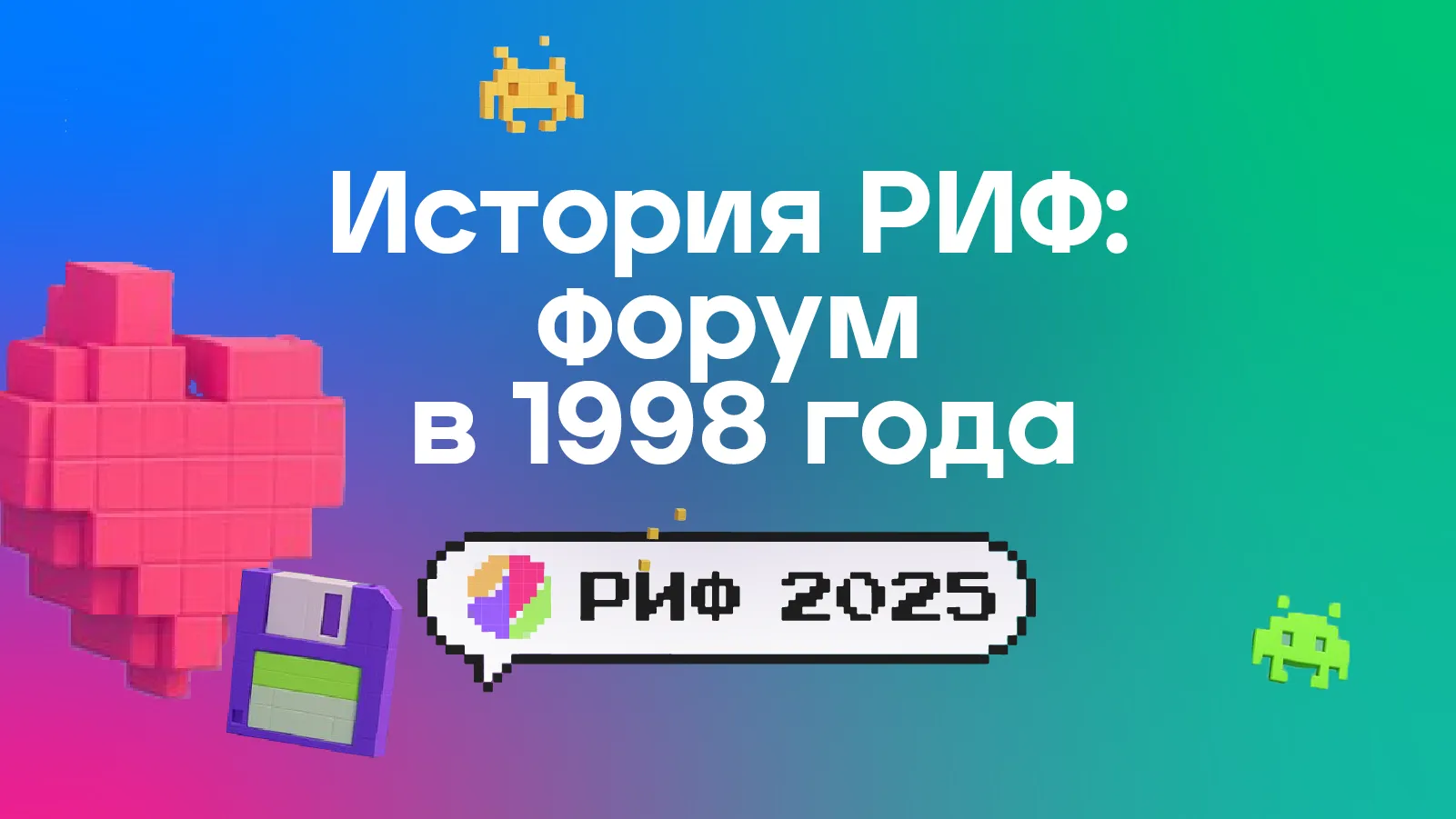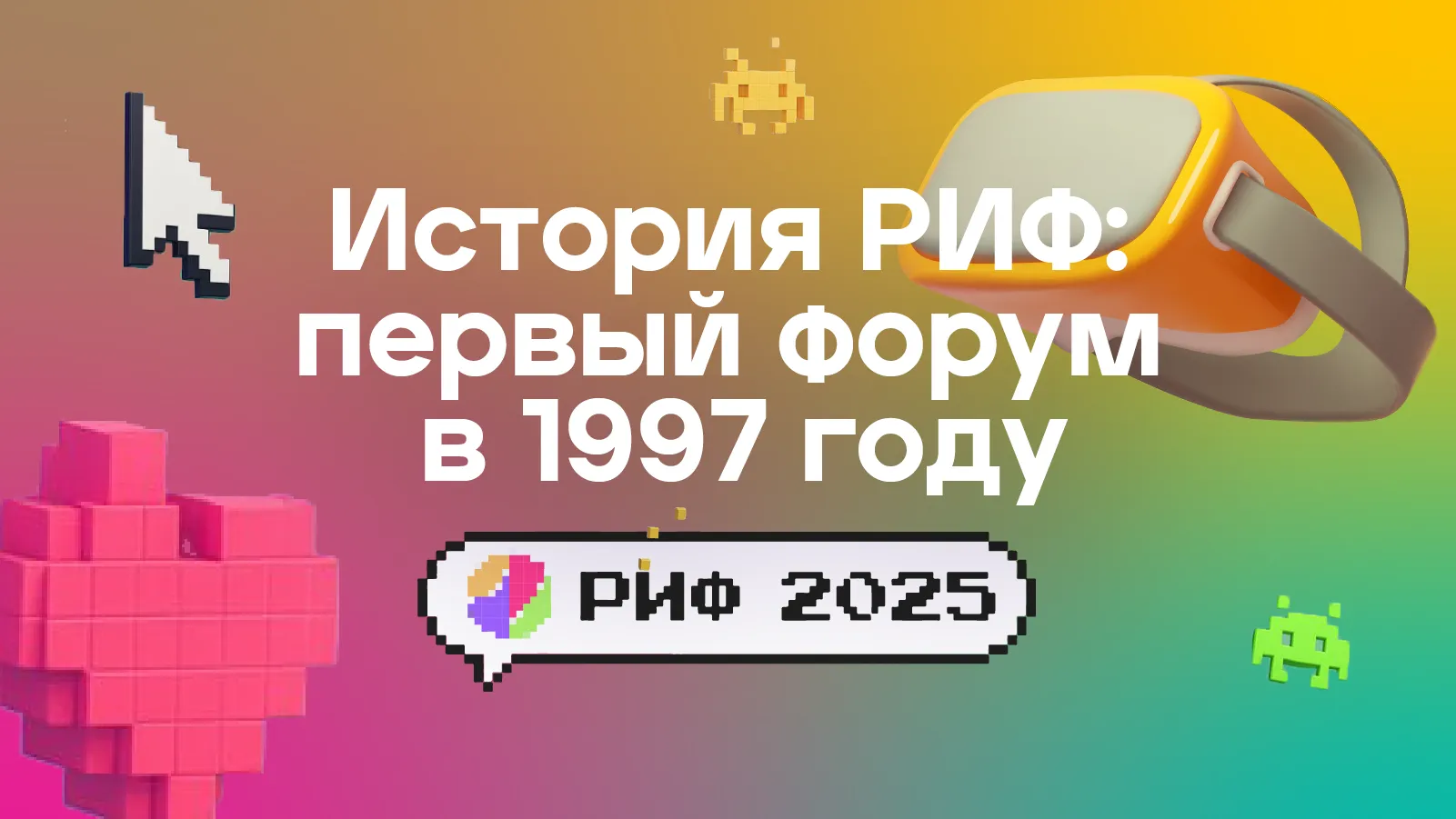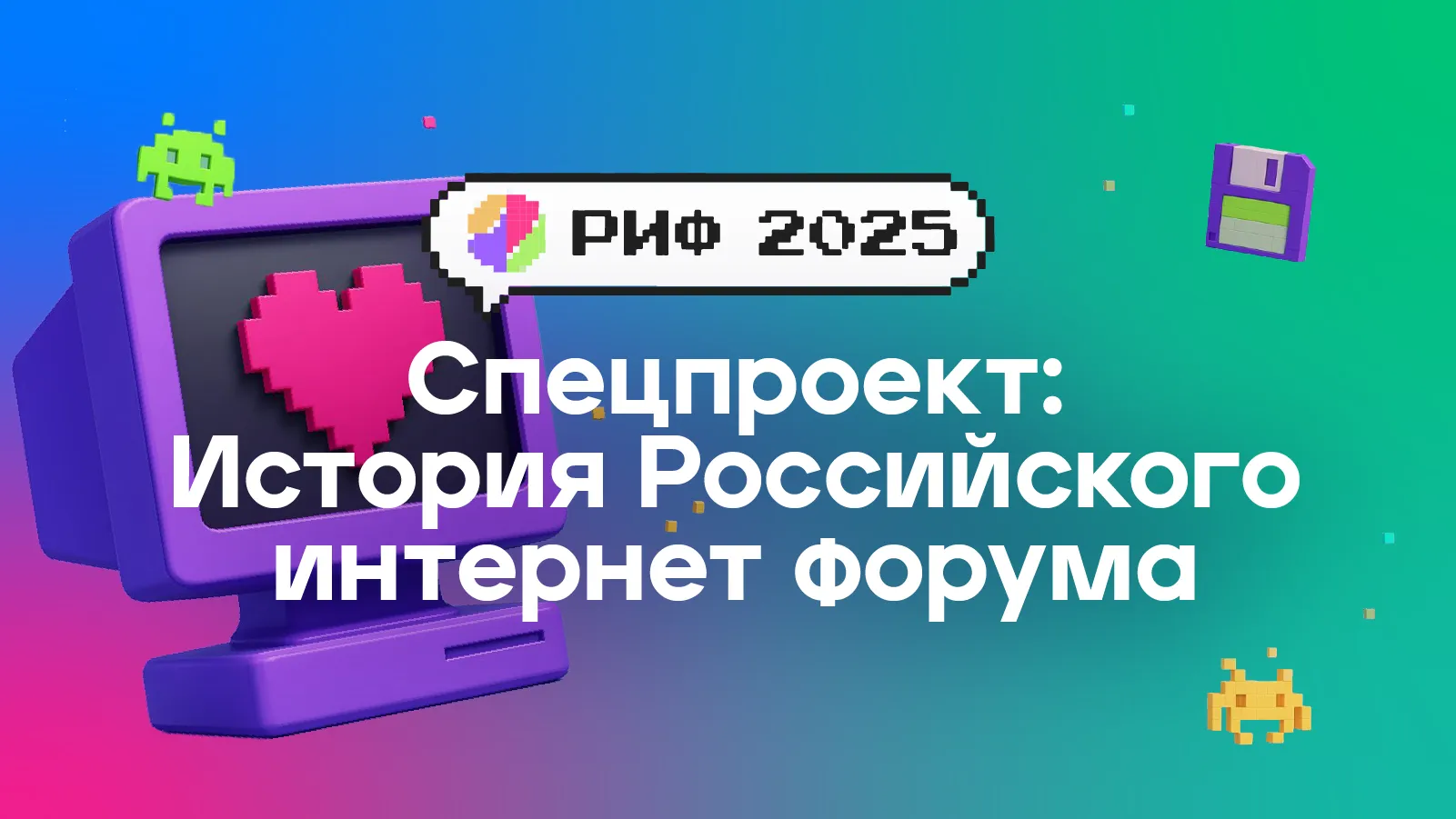RIF+KIB 2014: The Easy Way to Quit Sleeping
More than 8,000 attendees. Dozens of parallel sessions. For three sleepless days in April 2014, Russia’s Internet industry gathered not just to celebrate itself, but to analyze where the market was — and where it was heading.
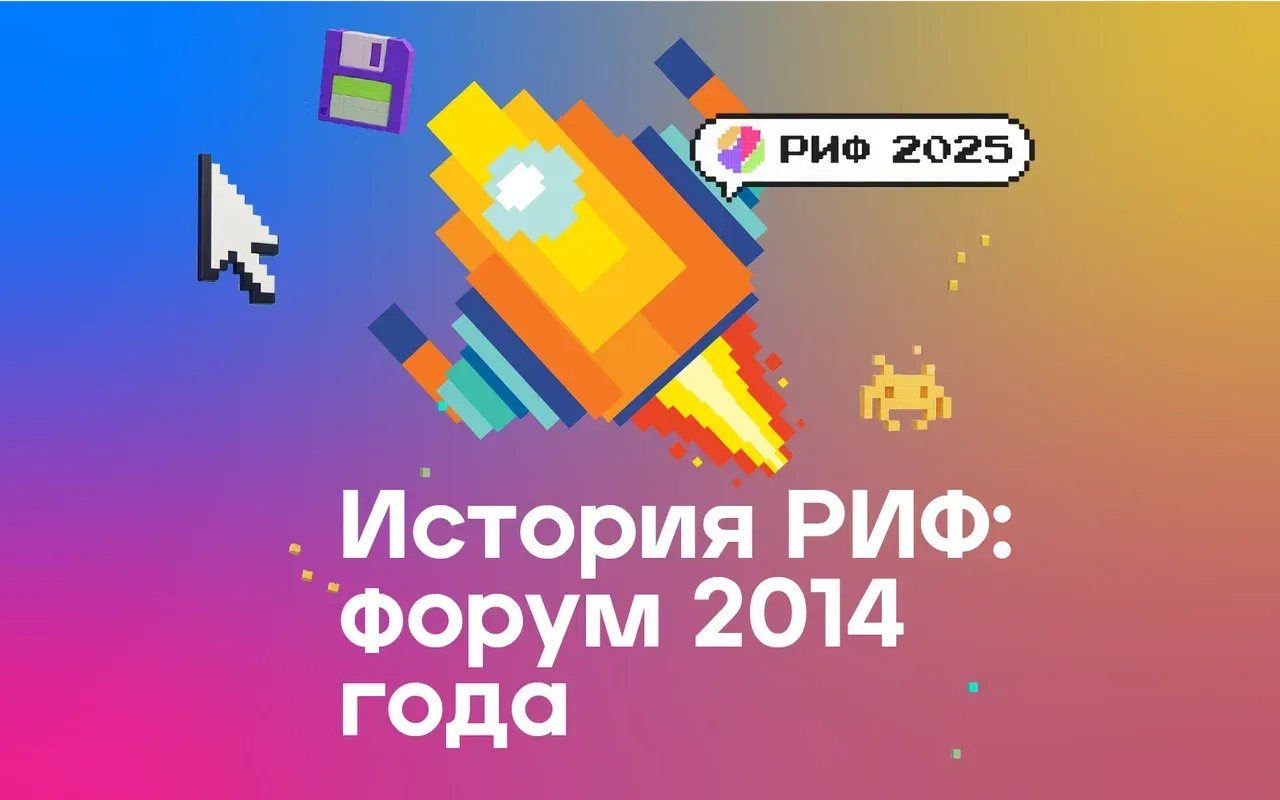
Runet at 20: Growing Up in a New Era
Held April 23–25 at the 'Polyana' complex outside Moscow, RIF+KIB 2014 unfolded across nine tracks, covering everything from Runet’s 20th anniversary to social media, e-commerce, Big Data, design, and advertising.
Prime Minister Dmitry Medvedev tweeted his greeting: 'Best wishes to all participants of RIF 2014! May your work be fruitful and your discussions useful.'
The context was striking: the year of Crimea’s reunification with Russia, retaliatory sanctions against the West, the launch of the Power of Siberia gas pipeline to China, and the Sochi Winter Olympics. Against that backdrop, Runet’s audience hit 68.7 million people, up 7% year over year.
- 50% of users went online daily.
- For 18%, mobile had become the main access method.
- Mobile devices accounted for 40% of all traffic.
- Falling data prices narrowed the digital divide, making Internet access more uniform across regions.
The Internet was no longer just infrastructure; it had become a driver of economic and social life.
The Business of Now — and of Tomorrow
The forum’s leitmotif was the ecosystem of Internet-dependent industries — sectors that simply cannot exist without the web. This cluster contributed 8.5% of Russia’s GDP, a figure both tangible and significant.
The advertising market surged 27% compared to 2012. Milestones included the launch of Cyrillic domains (.рус, .москва, .дети, .онлайн, .сайт). Social networks remained the growth engine: 36 million Russians spent half their online time there.
Venture investment was another hot topic. Greater transparency was attracting funds and angels eager to back IT projects. The sector had matured: investors were now more selective, startups more disciplined.
Symbolism was everywhere. Speakers planted 20 apple trees outside Polyana to mark 20 years of Runet. A new award — the Internet Media Awards named after Edward Snowden — honored both individual journalists and entire publications. Snowden himself, famous for revealing classified NSA documents, lent his support.
Surviving Crisis, Building Skills
The advertising industry debated Russia’s economic crisis from multiple angles: user behavior, corporate budgets, and the community’s creative responses. Case studies from online retailers highlighted the power — and pitfalls — of gamification and lead generation through social media. The consensus: ignoring social networks in marketing is a cardinal sin.
Digital education also took the stage. Universities like MGIMO, which launched a master’s in digital PR, and Bauman Moscow State Technical University and Higher School of Economics were recognized as leaders in preparing the next generation of specialists. Webinars and video lectures surged in popularity, though speakers agreed: online courses alone don’t suffice; companies will need to retrain hires.
Runet was also finding its place in civic life. In 2014, Russia held its first legitimate online vote — elections to the Public Chamber.
Challenges and Blue Chips
A discussion titled 'Media: Territory of Survival' drew a bigger crowd than the forum’s opening ceremony. Media managers argued that while copyright holders had the anti-piracy law to defend them, IT as a whole lacked comparable safeguards. Others noted the industry’s fragmentation: fast-changing technology made long-term strategy elusive.
One speaker captured the generational gap: policymakers shaping Internet regulation were 'a quarter-century older than the average RIF attendee' and struggled to grasp the Internet as a living environment, not just a tool.
Still, certain technologies stood out as blue chips:
- Smart TV: user numbers grew 33% in six months, with audiences tolerating ads as part of the experience.
- Big Data: sessions on targeting information drew packed rooms. One participant joked: 'From this session I learned that mobile operators read my SMS.'
- Stock options: the Ministry of Communications prepared a bill to let companies reward employees with equity, aiming to boost motivation and loyalty.
The entertainment zone remained playful, from a nostalgia corner called Rustoria (with photo ops in front of Soviet-style rugs) to a hashtag-generating social trend.
Why It Matters
RIF+KIB 2014 showed a Runet both celebrating maturity and grappling with unpredictability. The numbers proved scale; the debates revealed tensions. Yet across Big Data, mobile, education, and civic life, the message was clear: Russia’s Internet was not just keeping pace with global trends — it was shaping its own.


